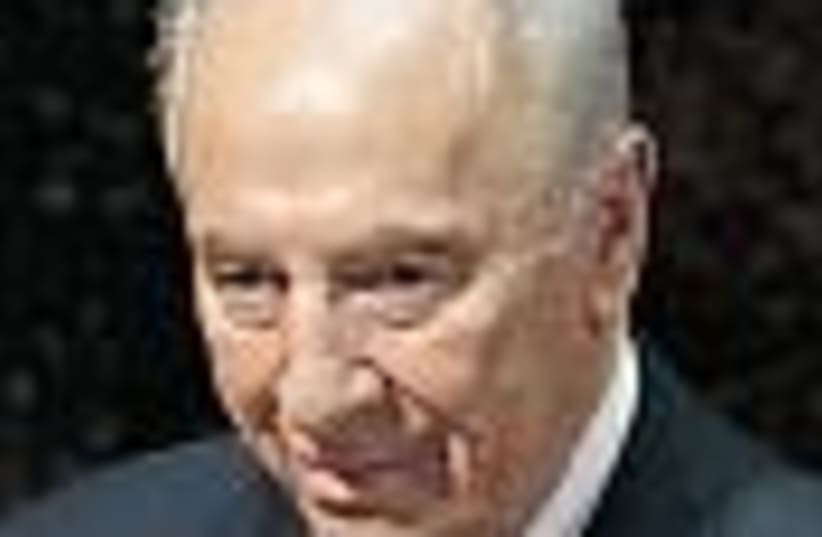Shimon Peres becomes 9th president
Says he will now be "the voice and address for every citizen of Israel."
Those who advocate having the head of state elected by the people and not by the Knesset must have felt vindicated at President Shimon Peres's inauguration on Sunday when they saw the empty seats in the Knesset plenum and the overflow in the visitors' gallery. An ebullient Peres, 83, was sworn in as Israel's ninth president.
Ushers had to bring in extra seats for the invitees, who flocked in from across the country for the ceremony.
Peres's address at the induction ceremony Shimon Peres, a life

